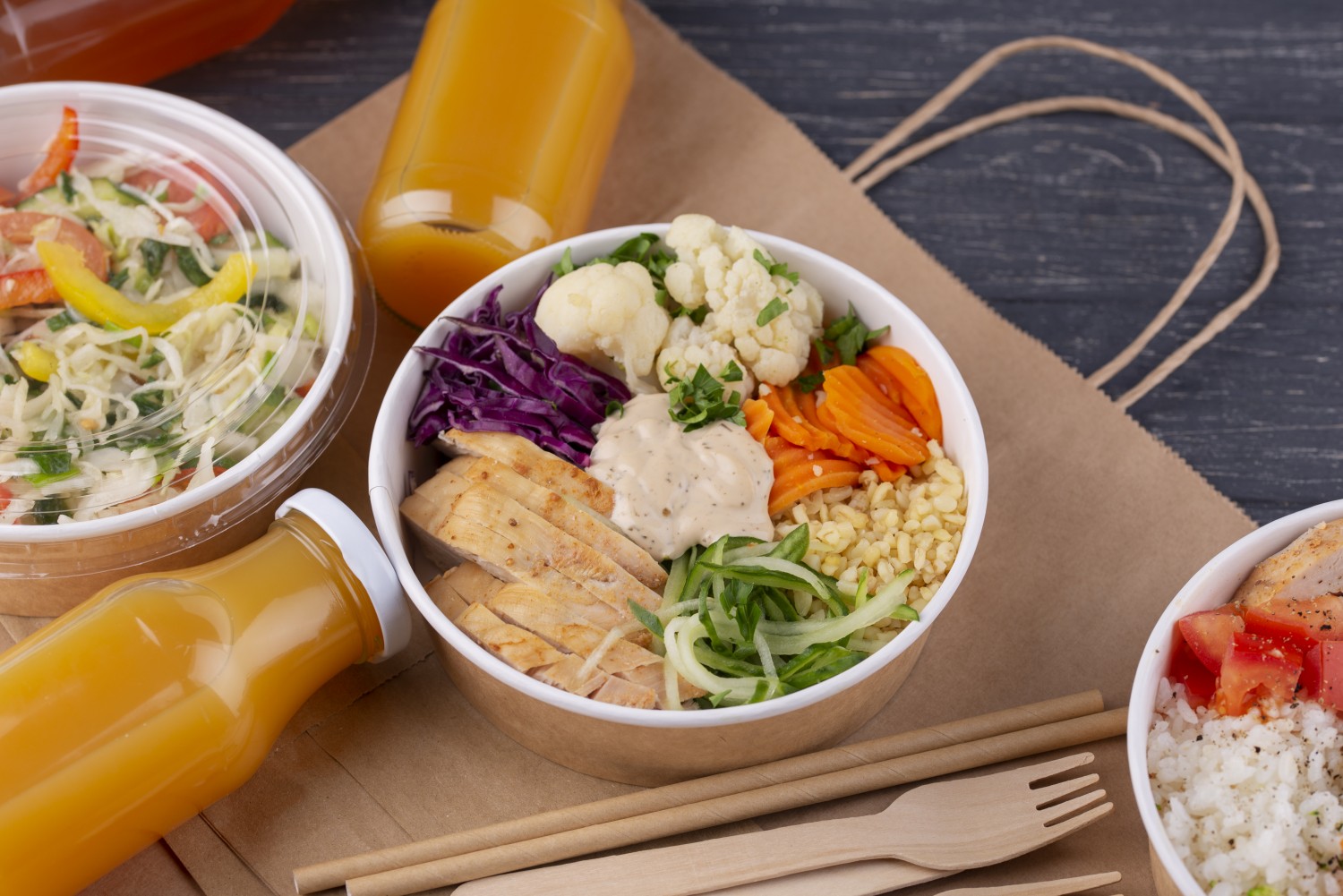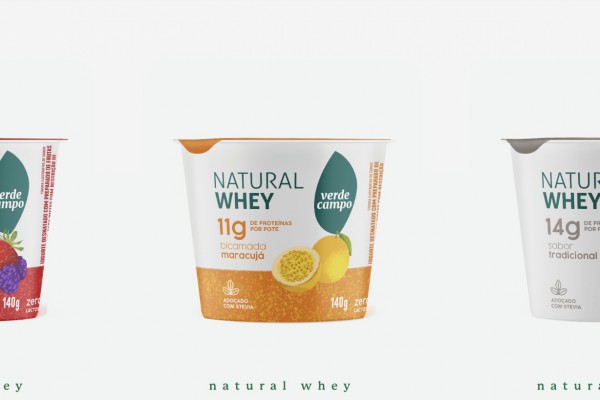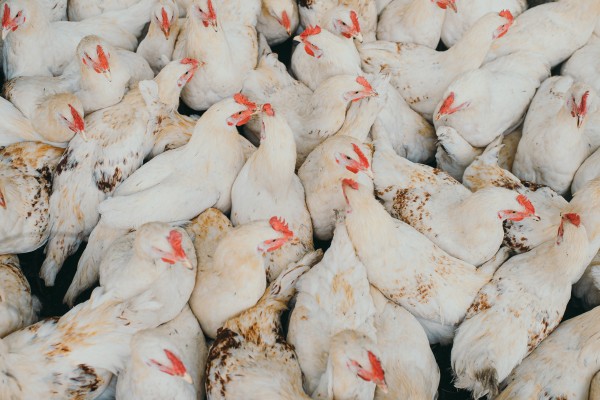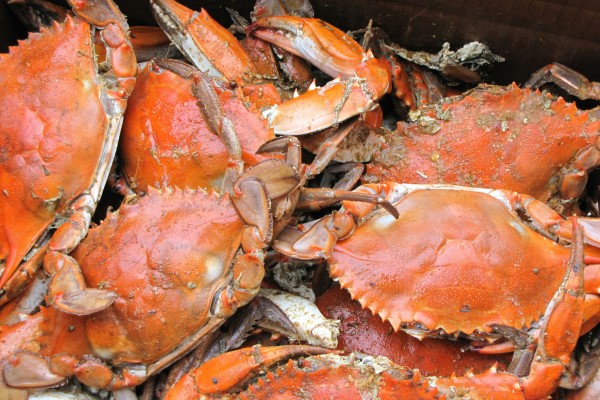The food delivery service iFood, accused of unfair competition, has signed an agreement with Brazil's antitrust regulator CADE that imposes severe restrictions on it.
Brazil's Administrative Council for Economic Defense (CADE) conducted an investigation and found "indications that iFood would abuse its dominant position by imposing exclusive obligations on restaurants registered on the platform and other methods that would have the same purpose. Such behavior would raise barriers to entry for new competitors in the market and have exclusionary consequences, the agency said in a press release.
The CADE and iFood agreement contains five main points:
- iFood cannot sign exclusivity contracts with chains of 30 or more establishments.
- New exclusivity contracts will be limited to two years.
- Existing exclusivity contracts of more than 2 years will be suspended for at least 1 year.
- Restaurants with exclusive contracts cannot account for more than 25% of iFood's sales.
- The agreement is for four years and will be overseen by an independent third party.
The agreement also states that in municipalities with a population of more than 500,000 people, the number of exclusive restaurants cannot exceed 8% of the total number of active establishments on the iFood platform.
The company will have six months to implement all measures. This means that by September, iFood will lose the exclusive representation on its platform of major chains, such as McDonald's and Habib's, which make up a large share of its sales.
Exclusive contracts are contracts in which partner restaurants commit not to run their delivery operations on other platforms and in return receive investment from iFood and differentiated commercial terms.
According to Mikhail Shikhmuradov, an expert from the BRICS Competition Centre, exclusive agreements between online food delivery platforms and restaurants limit consumer choice and competition, lead to higher prices and lower service quality, can prevent new entrants from entering the market, and can limit innovation.
"The CADE initiative is the right step to solve the problems noted, but it remains to be seen how effectively the agreement will be observed and what impact it will have on the market, so it is important to monitor its implementation carefully,"
stresses the expert.
Arnaldo Bertolaccini, iFood's vice president of restaurants, said that "the agreement has a significant impact on iFood's business."
"The changes in the agreement will bring more legal certainty to the sector as a whole and will entail changes in iFood's exclusivity policy,"
Bertolaccini added.
"The agreement gives us legal certainty for new contracts, so we take it positively,"
said Lucas Pittioni, iFood's legal director.
Mikhail Shikhmuradov also believes that the agreement can contribute to positive changes in the market behavior of iFood and in the development of new business methods.
Rappi, a Colombian company that filed a complaint with CADE accusing iFood of anti-competitive practices, welcomed the agreement. According to Tijana Jankovic, general manager of Rappi in Brazil, iFood's exclusive practices have made several companies not even think about entering the market.
"We haven't had access to the agreement in full yet, but our first impression is that it has been extremely positive for the market," Jankovic said. "And the result shows that CADE has recognized our claims."
Director Rappi notes that this is a first step toward increased market competition, but measures need to be respected, which she says was not the case in CADE's first preventive decision.
In recent years, some companies have already refused to compete in the local delivery market. In May 2022, Uber Eats ceased operations in Brazil. In January of this year, the 99 Food service also gave up business in the country.
According to the Brazilian Association of Bars and Restaurants (ABRASEL), iFood has 80% of the market. The leading company, however, disputes that figure, saying that the association "does not have a clear methodology and does not take into account all delivery methods," such as orders via WhatsApp. According to Arnaldo Bertolaccini, delivery apps "are used by only 6% of establishments."
Sources: Gov.br, Brazil Journal, iFood News




